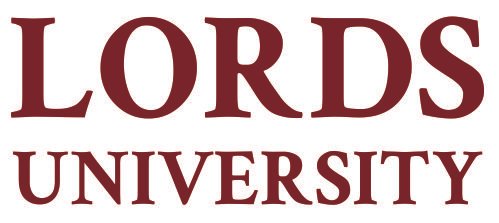Bachelor of Legislative Law (LLB)
A bachelor of Law is an undergraduate law degree. Candidates pursuing a 3-year LLB program must have completed a bachelor's degree in any discipline.
The LLB degree is regarded as being the very first step towards becoming a qualified lawyer or barrister. After achieving LLB, the students are eligible to start practising in the legal sector or pursue the higher-level course of LLM.
LLB graduates can work with multiple organisations and law firms to help those who need legal aid, services, research and training. They can use their skills and knowledge to go into different kinds of careers as well.
We offer a comprehensive LLB program that provides students with a solid foundation in legal principles, critical thinking, and practical skills needed to succeed in the dynamic field of law. Our LLB course is designed to equip students with the knowledge and expertise required to navigate the complexities of the legal system and make a positive impact on society.
Why Should You Study LLB at Lords University
Lords School of Law conducts diverse moot courts, field visits, legal aid clinics and motivational seminars by prominent lawyers and judges of the country regularly to update and upgrade students' knowledge and interest in the field of law.
Expert guidance by faculty with over 15 years of experience at Lords guides their students for a rewarding career after LLB as a legal advisor or legal advisory services.
Judiciary coaching to students to clear government exams is also provided at Lords to all law students for their career advancement.
We believe in the importance of practical skills alongside theoretical knowledge. Our program incorporates moot court sessions, legal research projects, internships, and practical workshops to enhance your ability to apply legal principles in real-world scenarios.
Course Curriculum
Our LLB program offers a well-rounded curriculum that covers a wide range of legal subjects, including constitutional law, criminal law, contract law, tort law, international law, and more. This ensures that graduates are well-prepared to handle the complexities of the legal world.
Moot Courts and Mock Trials: Gain practical experience through simulated courtroom exercises. Participate in moot court competitions and mock trials to enhance your advocacy and presentation skills.
Clinical Legal Education: Engage in real-world legal scenarios through clinical programs, providing opportunities to work on actual cases under the guidance of experienced faculty.
Foundational Legal Subjects:
Constitutional Law
Contract Law
Criminal Law
Tort Law
Property Law
Specialised Legal Areas:
Corporate Law
Intellectual Property Law
Environmental Law
International Law
Human Rights Law
To Learn More About the Curriculum
Job Opportunities After LLB
A law degree is considered a highly regarded qualification and jobs after LLB are lucrative.
Candidates can grab career opportunities after LLB in both government and private sectors. Moreover, they can start their own practice as independent lawyers but after gaining the necessary skills as an intern of a reputed legal firm or legal consultant.
LLB graduates can earn between INR 3 LPA to INR 9 LPA depending upon the sector they choose which rises with experience and position.
Legal Researcher
Public Prosecutor
Judge (with further qualifications)
Legal Educator (with further qualifications)
Lawyer
Legal Consultant
Corporate Counsel
Legal Analyst


